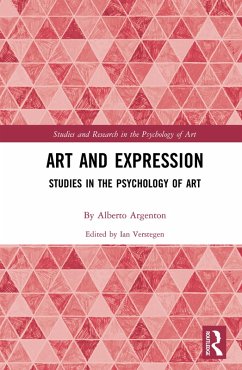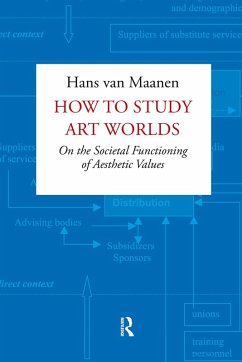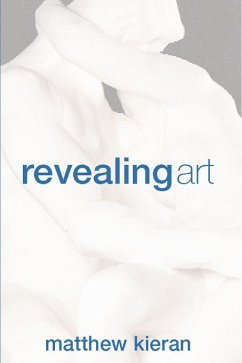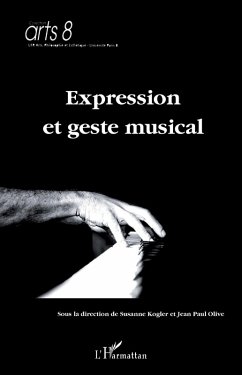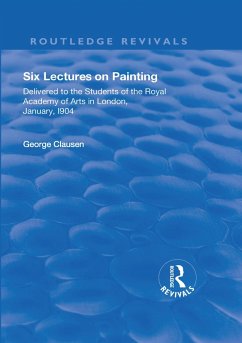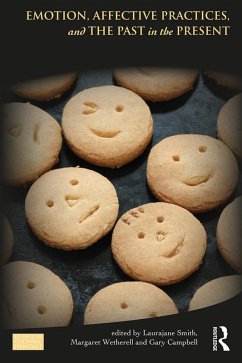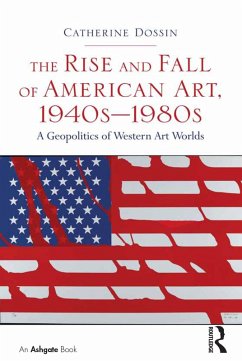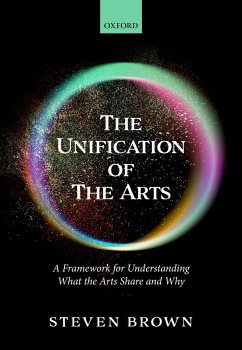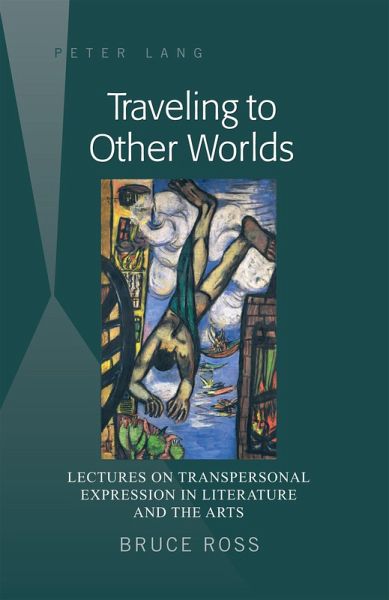
Traveling to Other Worlds (eBook, PDF)
Lectures on Transpersonal Expression in Literature and the Arts
Versandkostenfrei!
Sofort per Download lieferbar
Statt: 85,90 €**
62,95 €
inkl. MwSt.
**Preis der gedruckten Ausgabe (Gebundenes Buch)
Alle Infos zum eBook verschenkenWeitere Ausgaben:

PAYBACK Punkte
31 °P sammeln!
The lectures collected for this book focus on transpersonal expression - heightened states of feeling, emotion, and deeper regions of the psyche, from the Paleolithic (so-called rock art), to the medieval (Solomon Ibn Gabirol), to the modern (Rilke), and postmodern (Haruki Murakami). This study suggests the psyche is hard wired for spiritual experience, for aesthetic and ethical expression, and that transpersonal expression in literature and the arts is a universal human exploration of perhaps a fundamental ground of being. The focus of the chapters provide evidence for these suggestions: myst...
The lectures collected for this book focus on transpersonal expression - heightened states of feeling, emotion, and deeper regions of the psyche, from the Paleolithic (so-called rock art), to the medieval (Solomon Ibn Gabirol), to the modern (Rilke), and postmodern (Haruki Murakami). This study suggests the psyche is hard wired for spiritual experience, for aesthetic and ethical expression, and that transpersonal expression in literature and the arts is a universal human exploration of perhaps a fundamental ground of being. The focus of the chapters provide evidence for these suggestions: mysticism in Gabirol, Rumi, and Rilke; reckoning with suffering in Murakami's postmodern fables; spiritual failure and grace in the triptychs of Bosch, Beckman, and Bacon; epiphany in Basho, Suthorn Pho, and contemporary world travel haibun; altered states in Romantic ballet; metaphysical space in Ra'anan Levy's painting; epiphany and social communion in Paul Theroux's travel writing; sustaining the world in modern Aboriginal art; the nature of «big mind» consciousness as internal space; visitation to the heavens in world petroglyphs and pictographs; «absolute metaphor» in traditional American haiku; and spiritual spaciousness as a key element in haiku.
Dieser Download kann aus rechtlichen Gründen nur mit Rechnungsadresse in A, B, BG, CY, CZ, D, DK, EW, E, FIN, F, GR, HR, H, IRL, I, LT, L, LR, M, NL, PL, P, R, S, SLO, SK ausgeliefert werden.




